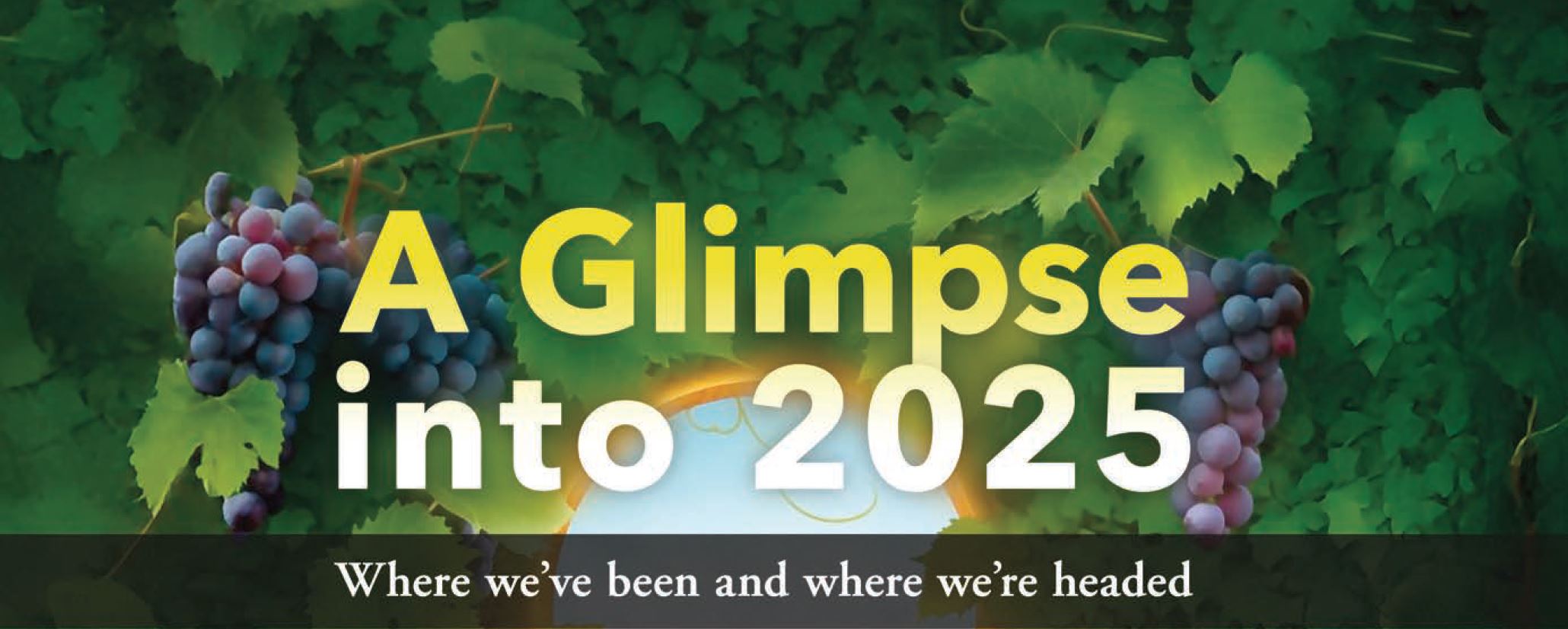Welcome to Blue Book!
Are you ready to join the thousands of companies who rely on Blue Book to drive smarter decisions? View our plans and get started today!
Still have questions? We’d love to show you what Blue Book can do for you. Drop us a line– we’ve been waiting for you.

Though it is doubtful British Columbia or Alberta will ever top the production numbers of Ontario’s greenhouse producers—though they are ranked second and fourth, respectively, in the country (Quebec is third)—growers in each are enthusiastically pursuing the technology as a sustainable business model to provide consumers with healthy, eco-friendly fresh produce.
In the same vein, the organics sector has taken a leap the last few years, with demand outpacing supply as consumers throughout North America seek locally grown foods. Canadians, like their American neighbors, are showing more interest in both conventional and organic fruits and vegetables grown in a responsible, sustainable manner.
This translates to less pesticide use, recyclable packaging, and transparency on growing, packing, and shipping methods. “Consumers want more knowledge about how their food is grown,” comments Grant, “and how well all its attributes line up with their personal values.”
FUTURE OUTLOOK
As the future unfolds, those in Canada’s westernmost provinces have a bright outlook—and for good reason: fresh produce shipping and exporting are humming along, and enactment of the new Trans-Pacific Partnership is on the horizon.
Grant predicts more exciting advances in greenhouse technology, turning the region’s traditionally short growing season into viable year-round production. He also hopes the success growers have had with greenhouse vegetables will extend to a wider range of vegetables and fruit as well.
Mukai also believes changes the Trans-Pacific Partnership will usher into the produce industry will bring a wealth of opportunity for Western Canada, for importers and exporters alike.
Overall, though, Grant thinks longevity and profit are tied to one simple, oft-used word: value. “The key to success over the next few years is to continue finding new ways to add value—that is, an unparalleled, high level of customer service coupled with the ability to meet consumer demand with a wide range of fresh produce delivered year round.”
Image: ©iStock.com/KathrynHatashitaLee




